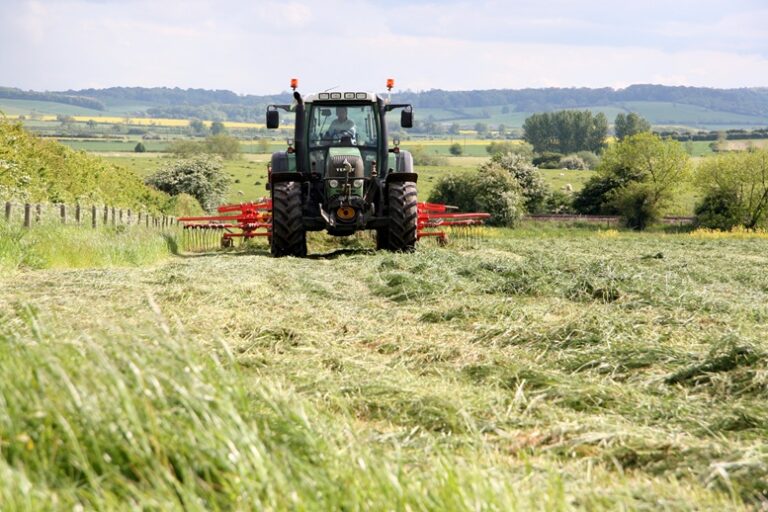
The UK Dairy Carbon Network has successfully developed an initial framework for assessing and delivering practical, on-farm solutions to reducing greenhouse gas (GHG) emissions on dairy farms.
The framework covers technologies, services and practices. Solutions and have been grouped into six broad themes, each offering real potential for emissions reduction.
These include using tools like the AHDB EnviroCow index and genomic testing that allow farmers to select animals that produce more milk with lower methane emissions. Alongside this, improving the quality and utilisation of home-grown forage reduces the need for imported feeds and cuts emissions per litre of milk produced.
Feeding strategies will also play a vital role. By working with nutritionists to fine-tune rations, farmers can reduce both methane emissions and nitrogen losses. Healthier animals further contribute to a lower carbon footprint, with structured plans to tackle issues like mastitis, lameness, and calf mortality supporting better productivity and fewer wasted resources.
At the field level, farmers can reduce fertiliser emissions by integrating clover and other legumes to fix nitrogen naturally and replace synthetic fertilisers with protected urea. Enhanced nutrient planning will ensure nutrients are used more efficiently, reducing nitrous oxide emissions and building soil health.
For the farmers involved in the UK Dairy Carbon Network, the focus is firmly on action. Each farm will select from six key areas where meaningful emissions reductions can be achieved. The process begins with tried-and-tested best practices and will gradually expand to include new innovations and refinements over time.
Exploring the ways to track GHG emissions, including the use of greenfeed units technology and milk spectral analysis, alongside assessments of specific interventions, is another important part of the project. Academic partners supporting the programme will carry out implementation and measurement, helping to ensure changes are evidence-based and effective.
The project is continuing to review new ideas on a rolling basis and is inviting organisations and technology providers to submit proposals using the Expression of Interest form. Proposals must demonstrate clear potential to reduce GHG emissions, with peer-reviewed evidence particularly welcomed due to the project’s emphasis on scientific robustness.
This is laying the groundwork for a lower-emission future in dairy farming. By combining practical, science-backed interventions with clear measurement and support, the UK Dairy Carbon Network is helping farmers and the industry to take meaningful, confident steps towards reducing GHGs.
